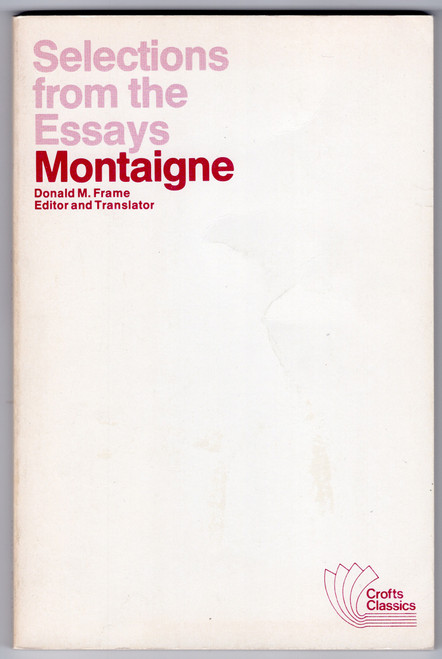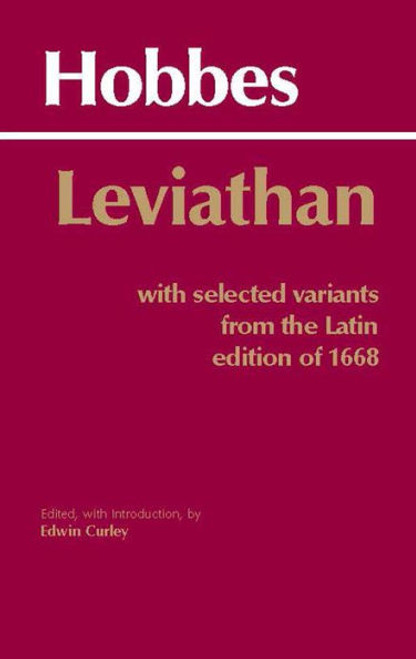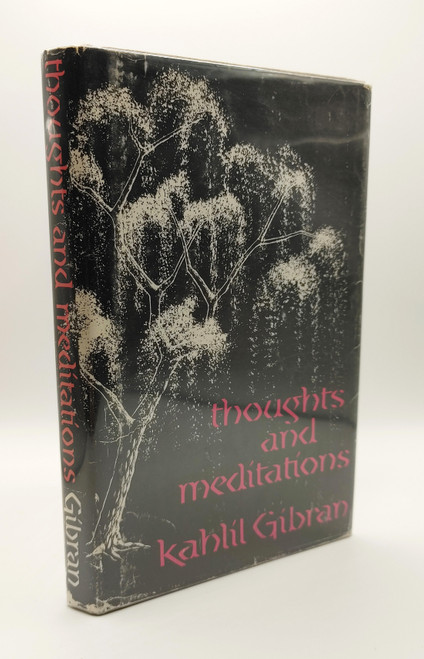Marcus Aurelius is one of the few rulers of empire whose writings have outlasted his practical achievements.
His reign as Emperor of the Roman world (AD 161 to 180) was long remembered as a golden age in which the citizens enjoyed the gentle rule of a philosophical sage. The truth was of course not so simple. The Meditations of Marcus' old age, composed while on campaign, give us exceptional access to the emperor's mind. Although they are not generally concerned withe the day-to-day business of warfare and administration, they do reveal, however elusively, the personality of the writer: clear-headed, serious, often disillusioned with his own status and with human activities in general. The work can be read as a historical document and as a spiritual diary: its vivid imagery and pungent epigrams have prompted comparisons with Pascal's Pensés and the biblical book of Ecclesiastes.
Translated by A.S.L. Farquharson
Edited with an Introduction and Notes by R.B. Rutherford
Translation for Selections from the Letters of Marcus and Fronto by R.B. Rutherford
About the Author
Marcus Aurelius (121 - 180), Roman emperor, best known for his Meditations on Stoic philosophy has symbolized for many generations in the West the Golden Age of the Roman Empire. Meditations, the writings of "the philosopher" – as contemporary biographers called Marcus, are a significant source of the modern understanding of ancient Stoic philosophy. They have been praised by fellow writers, philosophers, monarchs, and politicians centuries after his death.







